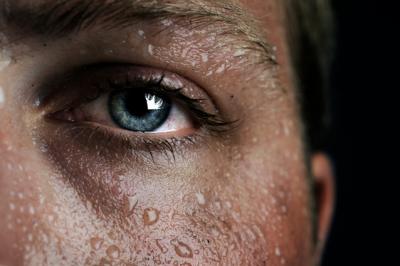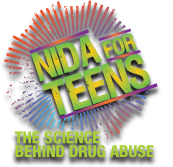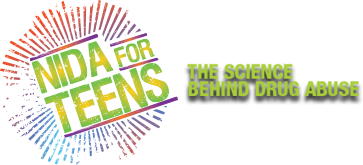
Ever wonder how “real” those grueling scenes on reality TV shows are when actors and other celebrities check in for addiction rehab and are shown going through withdrawal? After all, these folks are all in show biz!
SBB was curious about exactly how withdrawal happens. Withdrawal is defined as: symptoms that occur after chronic use of a drug is reduced or stopped.
But that’s just where the story begins. The symptoms of withdrawal vary a lot by drug, including how harsh they are and how long they last.
Consider prescription opioids, or painkillers. These are drugs like oxycodone (better known as Oxycontin) or hydrocodone (Vicodin). Opioids are typically prescribed for someone having severe pain, from the ache after a root canal to a chronic condition like back pain from an injury. When opioids are taken as prescribed, they can provide temporary relief from severe pain. But, they are also highly addictive and must be taken only as prescribed.
Some people will abuse a prescription drug by taking more than prescribed, or in ways not intended, which can lead to serious problems, including slowed heartrate and breathing and even addiction. And just like with “illegal” drugs, quitting is hard and can bring on withdrawal symptoms. Opioid withdrawal symptoms can include restlessness, muscle and bone pain, insomnia, diarrhea, vomiting, cold flashes with goose bumps ("cold turkey"), and involuntary leg movements. Yikes.

Taking away the chemicals that alter your brain through drugs of addiction is a pretty harsh reality. Your body and brain react strongly, even violently sometimes, because of missing the chemicals they’ve come to depend on through repeated drug use.
If a person knew from the start that quitting drugs would be so difficult, would they think twice before trying them? Probably so… Know the facts.





Comments
thanks for the information. this is really a valuable piece of information.
[commercial link removed, per guidelines]
Very nice. I will share this to my friends [link removed, per guidelines]
Its gud.. Ppl shud learn dat quittng drugs is a pain.
I had a friend who was suffering of a disease that gave him a lot of pain especially on legs.I don't know how it's called but I can tell you that there were days when he just couldn't walk.He was 19 years old and he started taking Vicodin.After two years he became addicted of that drug and at 22 years old he was already in a [link removed, per guidelines] center.They've tried to help him but it was no success.After two months,when he got home I went to see him.He was lying in bed,without walking anymore and he was crying in pain.I won't forget how he was beging for Vicodin:"Just one pill,please!".After three months of terrible pains,he found some pain drugs in his parents' bathroom and he took an overdose.When they found him it was late.The question is:Why nobody gave him a replacement drug?
i enjoy your article. great job. [commercial link removed, per guidelines]
@crazysony, I'm really sorry to hear about your friend. Its disgusting when WE know there are alternatives/help out there and come on NO Dr. could help him...This is America.....how sad. God rest his soul...what did he have? What was his diagnosis? Educate me :)
This is very useful information and learned a lot of what drugs can do.
Drugs can really affect your life. It is really not worth even starting on them.
Withdrawals from Vicodin suck, the only thing that eases them is more opiates, which only make the problem worse.
Add new comment